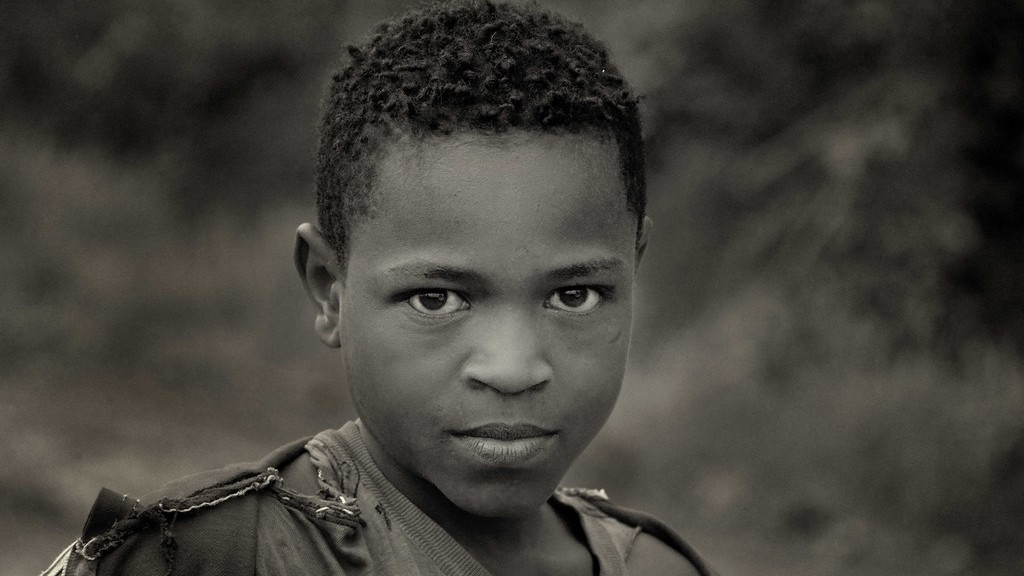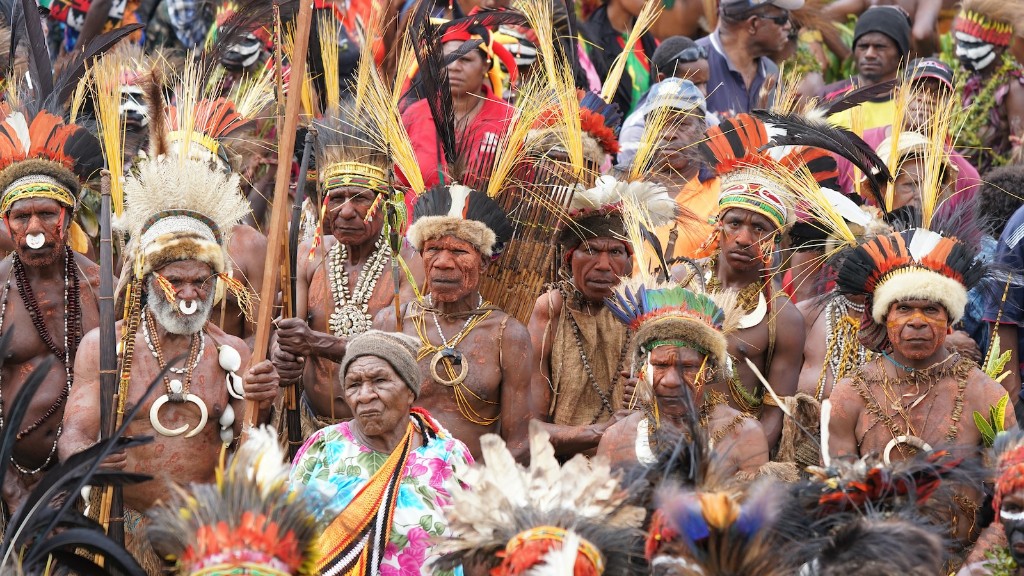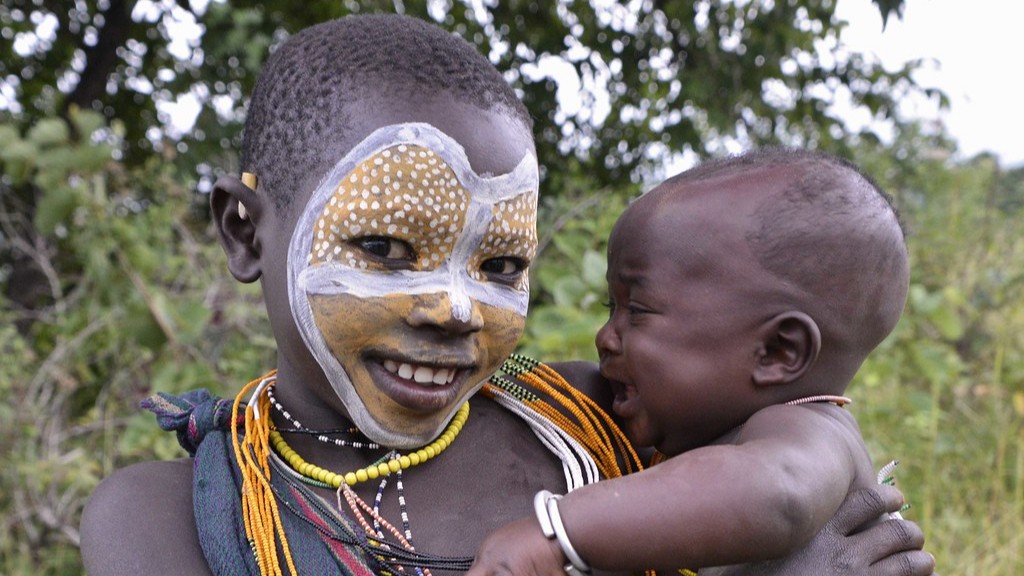Women in African Tribe
In many African tribes, women play a vital role in shaping their communities and preserving cultural traditions. These women are not only responsible for domestic duties but also hold positions of power and contribute significantly to the tribe’s social, economic, and political aspects. The traditional roles, expectations, and empowerment of women in African tribes have evolved over time, reflecting the complex and diverse societies found across the continent.
One of the fascinating aspects of women in African tribes is the significance of their economic contributions. Women are often engaged in various economic activities, including farming, trading, and craft-making. These activities not only provide income for their families but also contribute to the local economy. For example, in the Yoruba tribe of Nigeria, women have traditionally been involved in pottery production, which has become a recognized artform and a source of income for many families.
The empowerment of women in African tribes can also be seen in their involvement in decision-making processes. In some tribes, women have leadership roles and participate in community meetings where important decisions are made. Although the level of influence varies across tribes, it shows the recognition of women’s voices and their valuable insights. Additionally, women often hold positions in religious ceremonies and rituals, where they play a central role in upholding tribal beliefs and practices.
Experts believe that the historic matriarchal structures found in some African tribes have contributed to the relatively high respect and position of women. These matriarchal societies, such as the Akan tribe in Ghana, give women significant decision-making power and inheritance rights. As a result, women in these tribes have greater autonomy and financial independence. However, it is essential to understand that not all African tribes have matriarchal systems, and gender roles can vary significantly depending on cultural, social, and economic factors.
Despite the progress made in empowering women, challenges and gender inequalities persist in many African tribes. Some tribes still adhere to traditional gender norms that limit women’s opportunities for education and career advancement. Child marriage and female genital mutilation are also issues affecting women’s rights in some communities. Efforts to promote gender equality and women’s empowerment in Africa continue to be important goals for governments, NGOs, and activists.
It is crucial to recognize the diverse experiences and perspectives of women in African tribes. While some women have broken barriers and achieved success within their communities, others may face ongoing struggles for equality. Understanding the complexities of women’s roles in African tribes requires a nuanced approach that highlights both achievements and challenges.
The Role of Women as Natural Healers
In many African tribes, women have been traditionally recognized as natural healers. They possess extensive knowledge of herbal remedies and traditional medicine, which has been passed down through generations. These healers play a crucial role in providing healthcare and spiritual guidance to their communities, addressing both physical and emotional ailments.
Women’s Education and Empowerment
Access to education is a key factor in empowering women in African tribes. The availability and quality of education vary across tribes and regions. Efforts are being made to improve access to education for girls and women, as education is considered a powerful tool for social and economic upliftment. In some tribes, women’s education is prioritized, leading to increased opportunities for leadership roles and economic independence.
Artistic Expression by African Women
African women have long been prominent figures in the world of art. They express their cultural traditions and experiences through various art forms, including painting, sculpture, pottery, and textile arts. Some African women artists have gained international recognition for their unique perspectives and contributions to contemporary art.
Challenging Gender Norms and Empowering Future Generations
The fight for gender equality and women’s empowerment in African tribes continues to evolve. Activists and organizations work tirelessly to challenge traditional gender roles and norms, advocating for equal rights, access to education, and economic opportunities. These efforts aim to empower women and create a more inclusive society for future generations.


